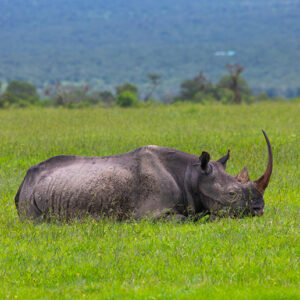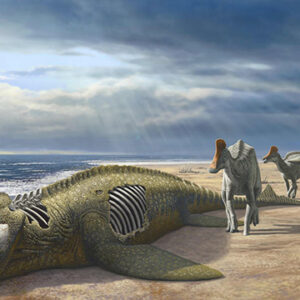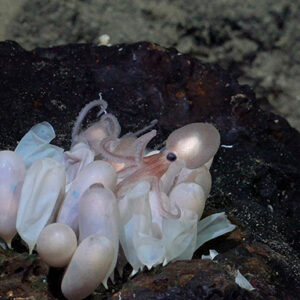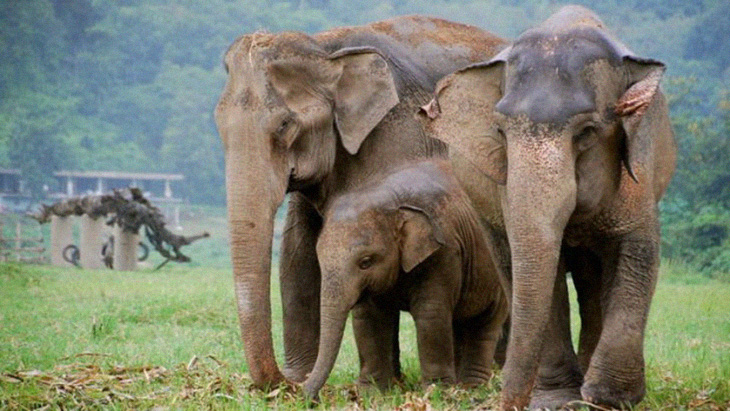
Coronavirus has managed to change the world, forcing schools, businesses, even governments to come to a grinding halt. Yet there is one thing that the virus has had zero control over, and that’s nature and it’s many inhabitants.
As proven in one of the most popular parks in Thailand, the Khao Yai National Park to be exact, life – as it seems – has only gotten simpler. In fact, the giant elephants that have roamed the park for years have now taken over the land so to speak.
The park, which is usually filled with loads of boisterous tourists hoping to get glimpse of these giant majestic land animals and tons of other wildlife, has been open for at least 60 years, but it’s only now that it is truly feeling the lack of human interaction. And honestly, it seems to have done them some good. The 300 or so elephants that call the park home have been roaming around in areas otherwise considered “off-limits” for these four-legged pachyderms. Now, the elephants have been able to make their way around the 775-square mile area of the park, including the river where they go to enjoy its bubbling, flowing water.
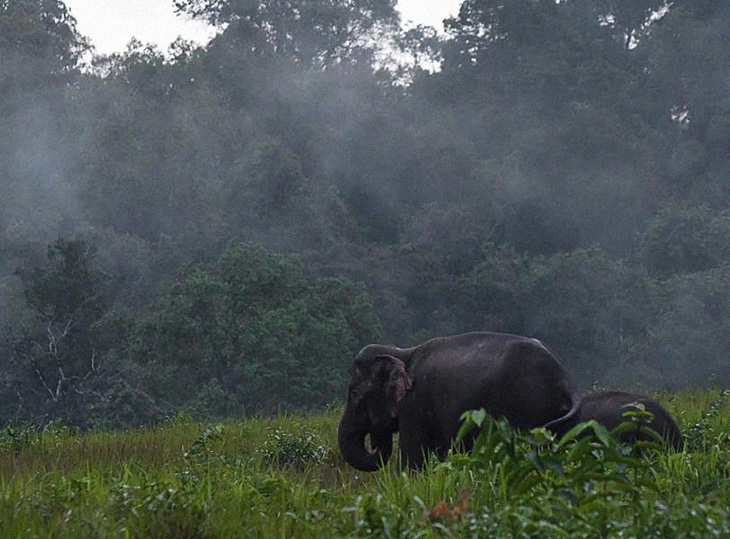
Having first opened in 1962, Khao Yai was considered the first national park in Thailand, and third-largest of all, consisting of an evergreen forest, rainforest, and grassland. It is also part of the Dong Phayayen-Khao Yai Forest Complex, which was declared a World Heritage Site by UNESCO.
Aside from the 300 elephants the park homes, there are a number of other animals that live in the park. According to the website Thai National Parks, the animals on their land consist of pig-tailed macaques, civets, gibbons, porcupines, and quite a variety of different kinds of bears as well. There are also another 85 species of reptiles, and another 445 species of birds that call the park home.
Although these days, the National Park boasts of a variety of its wildlife roaming freely throughout the grounds, the park has also gone through some very difficult times. Back in October 2019, the park became national news when a group of elephants died in their attempt to save one of the herd’s baby elephants. The calf happened to be too close to the edge of a waterfall known as the Haew Narok or Hell’s Fall, as it’s otherwise known, and mournfully slipped and fell.
The original report that was released to the public revealed that only 6 elephants fell to their deaths, but park officials would soon discover that the actual number was 11. One of the elephants was the 3-year old elephant that had fallen into the Ravine of Hell, and a few others that had followed it in an attempt to save its life.
Sadly, this wasn’t the only time that elephants have died at the park due to fatal accidents. In 1992, another 8 elephants had also died after falling from the waterfall’s edge as well.
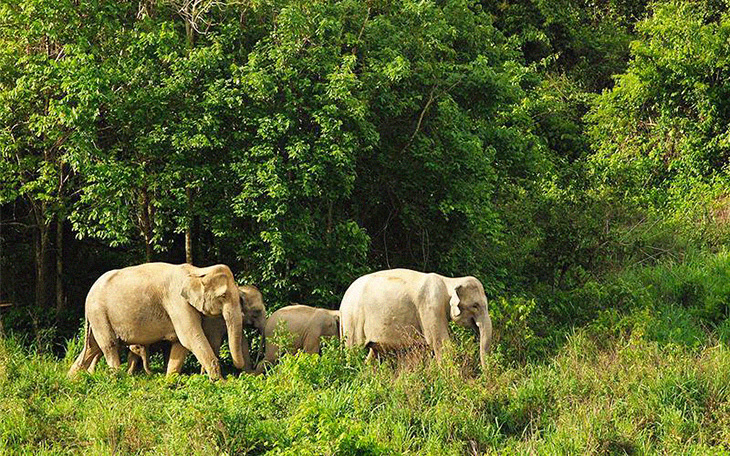
Although the park has worked hard to keep their wildlife safe, they haven’t been able to control all the accidents that have occurred. But according to conservationist Kemthong Morat who shared with The Times, “The deaths of the 11 elephants were preventable and the mismanagement by the park was preventable.” Morat, who is also known for his activism, even went on a hunger strike in order to bring awareness to how modern-day development is continuously threatening the elephant’s natural habitat and way of life.
He also said, “They seem to forget that the national park’s purpose is for research and conservation. Khao Yai’s big tourism revenues made them forget the main purpose of the park.”
But given the current pandemic and forced lack of people within the park, the employees have been able to share that things have changed since the world has gone on lock down. According to the Khao Yai National Park’s Facebook page, a number of animals have been frolicking all throughout the park without anyone to disturb them as they go about their day. From otters sunbathing in the rivers to chipmunk pups making their way across the trees, the park has become a true sanctuary with no one to distract them. Even the elephants have found peace in the safer areas of the land, no longer in danger of accidentally falling off sharp cliffs and falling to their deaths.
Even Khao Yai’s veterinarian, Chananya, believes that the closing down of the park to tourists has brought enlightenment to the true needs of the park. She explained, “We should consider if we should close down the park every year. Nature can restore itself to its fullest.”
And given the way that nature has seemed to heal during this pandemic, the rest of world might want to take heed to her advice as well.
What are your thoughts? Please comment below and share this news!
True Activist / Report a typo
